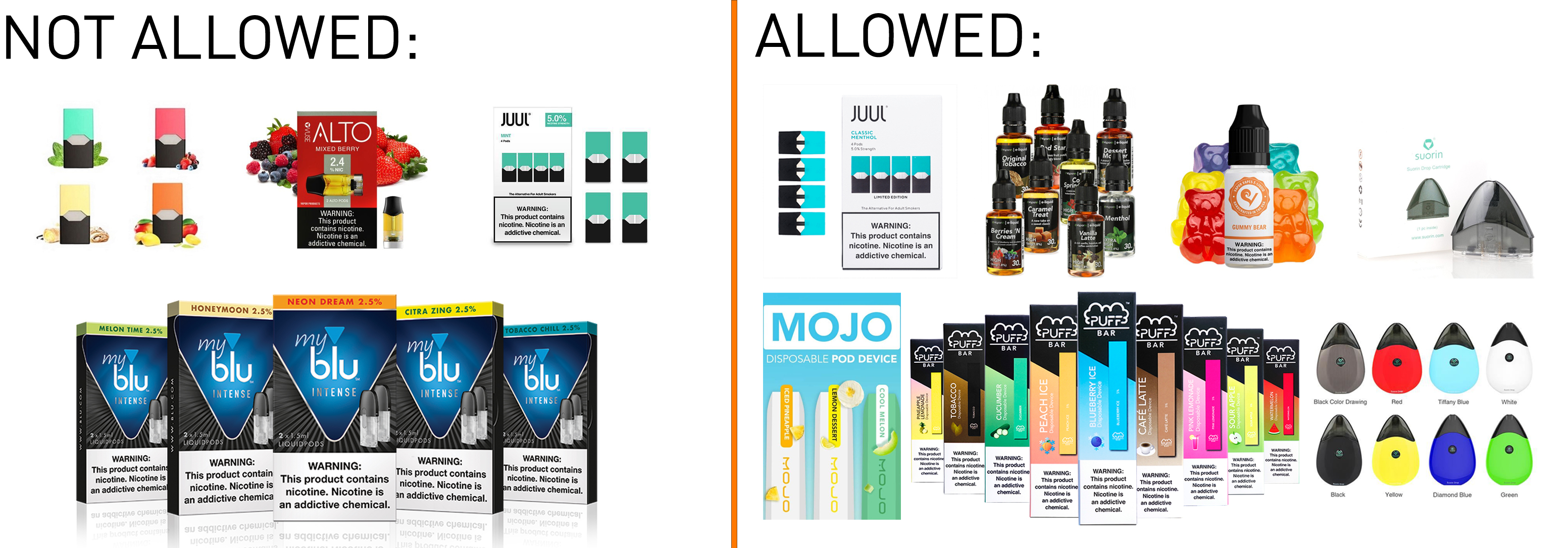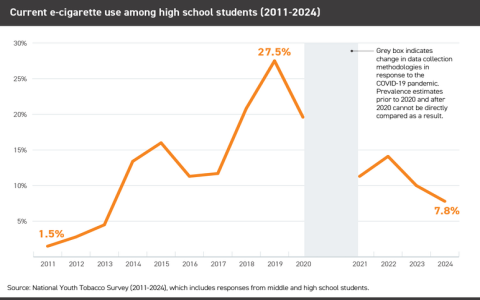Navigating US e-cigarette regulations is complex. Compliance is mandatory across federal, state, and local levels. Here are the key rules for selling vapes in the US:
Core Federal Regulations (FDA Oversight)
- Premarket Authorization (PMTA): All new tobacco products, including e-cigarettes and e-liquids, launched after August 8, 2016, require FDA authorization via the PMTA process. Selling products without authorization is illegal.
- Age Restriction: Federal law prohibits the sale of all tobacco products, including vapes, to individuals under the age of 21. Retailers must verify age using photographic ID.
- Sales Restrictions: Prohibits the sale of tobacco products through vending machines (unless in adult-only facilities) and the distribution of free samples.
- Ingredient Reporting & Health Documents: Manufacturers must submit detailed ingredient lists and health-related documents for their products.
- Modified Risk Claims: Products cannot be marketed as reduced harm or safer alternatives to cigarettes without specific FDA authorization.
Flavor Restrictions
Federal Ban on Closed System Flavors: The FDA currently enforces a policy prioritizing enforcement against unauthorized flavored cartridge/cartridge-based e-cigarettes (except tobacco and menthol flavors) that lack PMTA authorization. Open-tank systems and disposable vapes face significant enforcement scrutiny, especially appealing flavors.

Required Warning Labels
- “WARNING: This product contains nicotine. Nicotine is an addictive chemical.“
- The warning must cover 30% of the front and back panels of product packaging and advertisements.
Taxation
- Federal Excise Tax (FET): A federal excise tax applies to vape products. Rates vary based on product type and nicotine content.
- State & Local Taxes: Many states and localities impose additional significant excise taxes, licensing fees, and sales taxes on vape products. Rates and structures vary widely.
State & Local Variations
Regulations can differ significantly:
- Flavored Product Bans: Several states and numerous localities have enacted bans on the sale of all flavored vapor products (including menthol, disposables, and open systems), stricter than current federal enforcement priorities.
- Licensing & Permitting: Most states require specific licenses or permits to manufacture, distribute, or retail vape products.
- Online Sales Restrictions: Some states restrict online sales of vape products directly to consumers.
- Local Ordinances: Cities/counties may have stricter rules on sales, zoning, flavors, or taxes.
Other Key Requirements
- Federal Tobacco Excise Tax Licensing: Manufacturers and importers must obtain a permit from the Alcohol and Tobacco Tax and Trade Bureau (TTB).
- State Retailer Licenses: Almost every state requires specific licenses for retailers selling tobacco products (including vapes).
- Shipping Regulations (PACT Act): The Prevent All Cigarette Trafficking (PACT) Act now applies to vapes, imposing strict requirements on sellers shipping directly to consumers (including age verification, labeling, tax collection, and registration with state tax authorities and the ATF).
- Adulteration & Misbranding: Products must not be adulterated (prepared under unsanitary conditions, contain harmful substances) or misbranded (incorrect/missing labeling).
Critical Next Steps:
- Research State & Local Laws: Thoroughly investigate regulations in every jurisdiction where you plan to operate or sell.
- Apply for Necessary Licenses: Obtain all required federal, state, and local licenses/permits.
- Ensure PMTA Compliance: Only sell products that either have FDA marketing authorization, are under substantive review, or were on the market prior to August 8, 2016 (grandfathered status is rare).
- Implement Rigorous Age Verification: Use reliable point-of-sale systems and train staff thoroughly.
- Maintain Accurate Records: Keep detailed records of purchases, sales, and tax payments.










